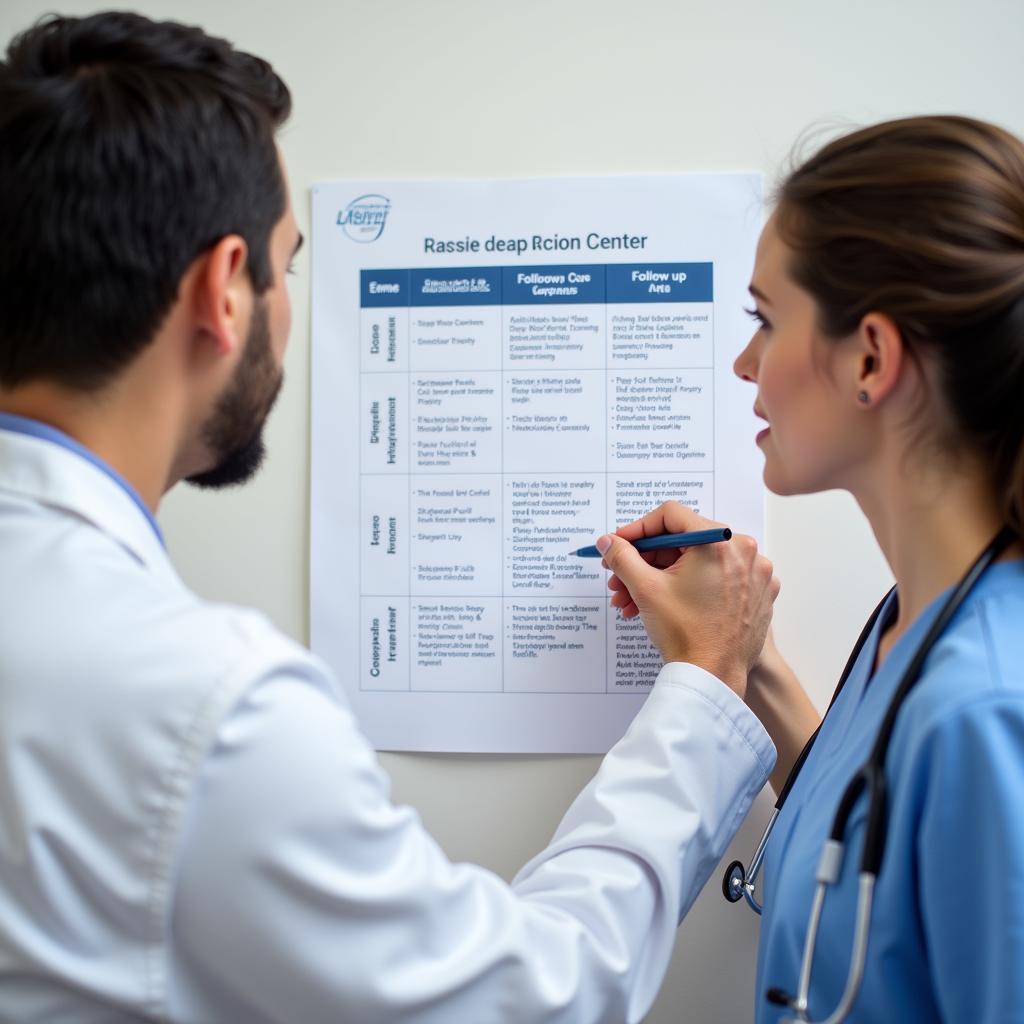Being Hospital-bound can be a daunting prospect, filled with uncertainty and anxiety. Whether it’s a planned procedure or an unexpected emergency, knowing what to expect can significantly ease your mind and help you prepare for a smoother, more comfortable experience. This guide offers valuable insights and practical tips for navigating a hospital stay, ensuring you’re well-equipped for whatever comes your way.
Understanding Your “Hospital-Bound” Situation
The term “hospital-bound” encompasses a wide range of situations, from pre-scheduled surgeries to sudden illnesses requiring immediate medical attention. Understanding the reason for your hospital stay is the first step in effective preparation. Is it for a diagnostic procedure, a surgical intervention, or ongoing medical treatment? Knowing this will help you determine the length of your stay and the specific items you’ll need to bring.
What if your situation is unplanned? Emergencies naturally leave less time for preparation. However, even in such cases, understanding the potential reasons for your hospital stay – like a sudden illness or accident – can help you mentally prepare for the experience and communicate effectively with medical professionals.
Essential Items for Your Hospital Stay
Packing the right items can greatly enhance your comfort and convenience during a hospital stay. Essentials include comfortable clothing, toiletries, and entertainment options like books or a tablet. Don’t forget chargers for your electronic devices! Consider packing a small bag or backpack that’s easy to carry and access.
Pre-Admission Procedures: Streamlining Your Arrival
Many hospitals offer pre-admission services to expedite the check-in process. Completing paperwork and providing necessary medical information in advance can save valuable time and reduce stress upon arrival. Check with your hospital to see if they offer online pre-registration or telephone pre-admission options.
What are the benefits of pre-admission? It allows the hospital staff to prepare for your arrival, ensuring a smoother transition. It also provides an opportunity to ask questions and address any concerns you may have beforehand.
 Streamlining Your Hospital Admission Process
Streamlining Your Hospital Admission Process
Communicating with Your Healthcare Team
Effective communication with doctors, nurses, and other medical staff is crucial during a hospital stay. Clearly and concisely communicating your symptoms, medical history, and any concerns you may have is vital for receiving appropriate care. Don’t hesitate to ask questions and seek clarification if something is unclear.
How can you ensure clear communication? Keep a notepad and pen handy to jot down important information or questions. Consider having a family member or friend accompany you to appointments to help with communication and note-taking.
Navigating Insurance and Financial Matters
Understanding your insurance coverage and hospital billing procedures is essential to avoid unexpected financial burdens. Contact your insurance provider to confirm your coverage and understand any out-of-pocket expenses you may incur. Inquire about pre-authorization requirements for specific procedures or medications.
Preparing for Discharge and Post-Hospital Care
Planning for your discharge is just as important as preparing for your admission. Discuss post-hospital care instructions with your healthcare team, including medication schedules, follow-up appointments, and any necessary lifestyle adjustments. Ensure you have a clear understanding of your recovery plan before leaving the hospital.
What if you need assistance at home after discharge? Discuss this with your social worker or case manager. They can help arrange for home health services, physical therapy, or other support services you may require. Being hospital-bound is temporary, and planning for your return home will ease the transition.
 Planning for Post-Hospital Care and Recovery
Planning for Post-Hospital Care and Recovery
Conclusion
Being hospital-bound can be a challenging experience, but proper preparation can significantly reduce anxiety and improve your overall experience. By following these tips and taking proactive steps to understand your situation, communicate effectively, and plan for your discharge, you can navigate your hospital stay with greater confidence and peace of mind. Remember, the San Jose Hospital team is dedicated to providing you with exceptional care and support throughout your journey.
FAQs
- What should I bring to the hospital?
- How can I prepare for surgery?
- What are my visitor rights?
- How do I access my medical records?
- What is the hospital’s policy on pain management?
- What support services are available during and after my stay?
- How can I contact my healthcare team?
When you need assistance, please contact us: Phone: 02437655121, Email: [email protected] Or visit us at: 298 Cau Dien St., Minh Khai Ward, Bac Tu Liem Dist., Hanoi, Vietnam. We have a 24/7 customer service team.
Do you have other questions about staying at San Jose Hospital? Explore our website for more detailed information about our services, amenities, and patient resources. You can also find helpful articles on topics such as pre-operative preparation, post-operative care, and managing chronic conditions. We encourage you to reach out to our dedicated team with any specific questions or concerns you may have.